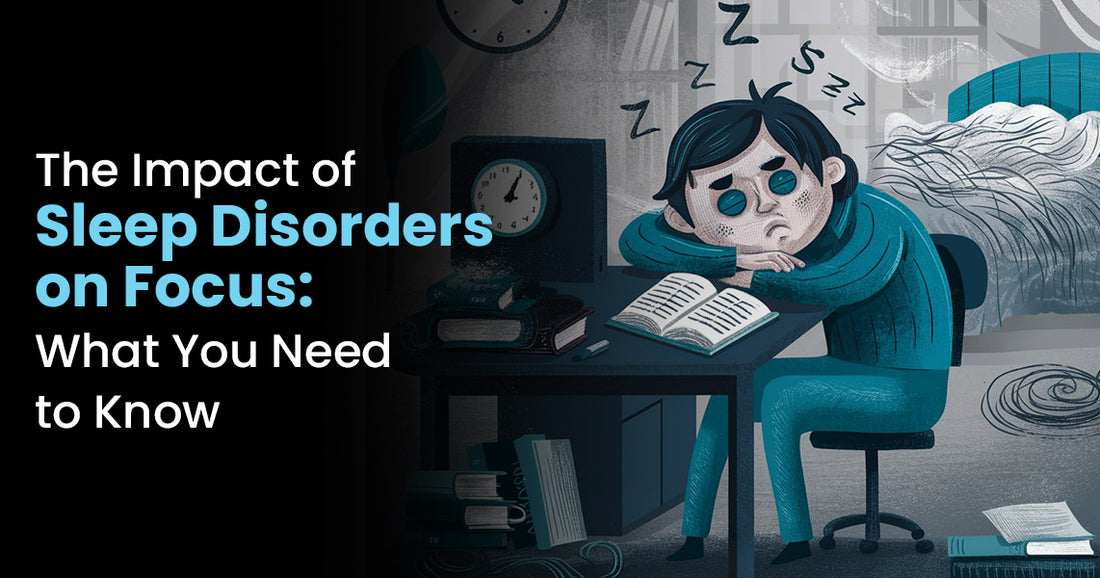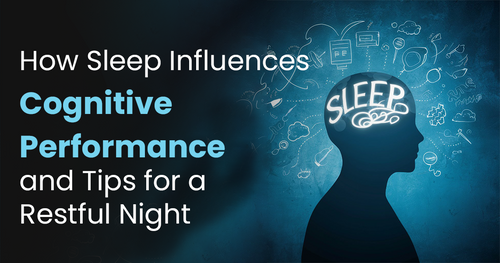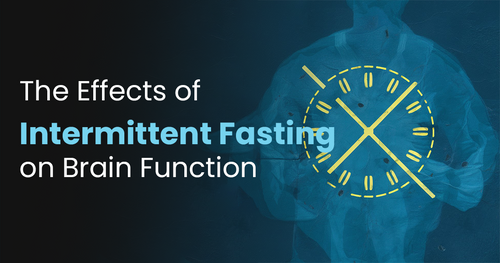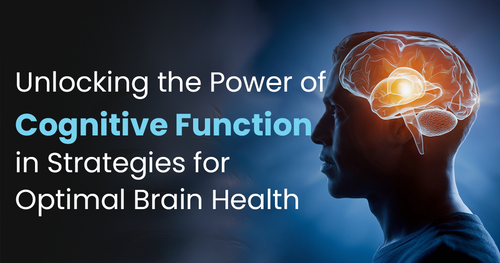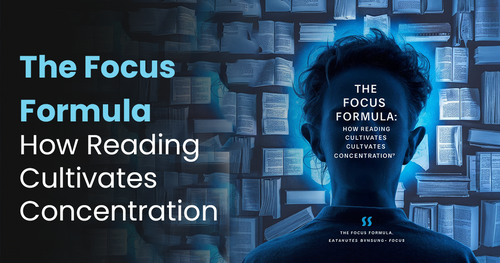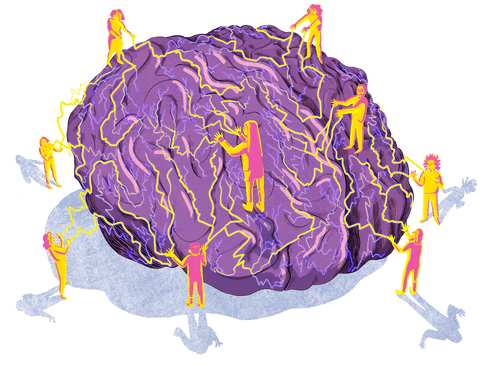Sleep is an essential part of our daily lives, serving as the foundation for overall health and well-being. However, many people struggle with sleep disorders that disrupt this critical function, leading to significant consequences for mental and physical health. One of the most noticeable impacts of sleep disorders is on our ability to focus. In this blog, we’ll explore how sleep disorders affect concentration and what you can do to mitigate these effects.
Understanding Sleep Disorders
Sleep disorders encompass a variety of conditions that impair the quality, timing, and duration of sleep. The most common sleep disorders include insomnia, sleep apnea, restless leg syndrome, and narcolepsy. Each of these disorders can lead to insufficient or poor-quality sleep, which in turn affects cognitive functions, including focus.
Insomnia is characterized by difficulty falling or staying asleep. Those with insomnia often experience prolonged periods of wakefulness at night, leading to inadequate sleep. Sleep apnea, on the other hand, is a condition where breathing repeatedly stops and starts during sleep. This disrupts the sleep cycle, often causing the individual to wake up multiple times throughout the night. Restless leg syndrome (RLS) involves an uncontrollable urge to move the legs, usually due to uncomfortable sensations, which can severely disrupt sleep. Narcolepsy is a neurological disorder that affects the brain's ability to control sleep-wake cycles, leading to excessive daytime sleepiness and sudden sleep attacks.
How Sleep Disorders Affect Focus
Lack of quality sleep directly impacts cognitive processes, particularly attention and focus. When sleep is disrupted, the brain doesn’t have adequate time to repair and rejuvenate, leading to several cognitive deficits. Here's how sleep disorders impair focus:
- Decreased Attention Span
Sleep disorders can drastically reduce your attention span, making it difficult to concentrate on tasks for extended periods. Without sufficient rest, your brain struggles to maintain focus, leading to distractions and a lack of productivity.
- Impaired Memory
Sleep is crucial for memory consolidation, a process where the brain organizes and stores information. When sleep is disrupted, this process is compromised, leading to forgetfulness and difficulty in recalling information, which further hampers focus.
- Reduced Problem-Solving Skills
Cognitive flexibility, the ability to adapt and solve problems, is also impaired by sleep disorders. When you’re sleep-deprived, your brain is less capable of thinking creatively and efficiently, making it harder to tackle complex tasks.
- Increased Stress and Anxiety
Sleep disorders often lead to heightened stress and anxiety levels. The lack of rest can make you feel overwhelmed and anxious, which further diminishes your ability to concentrate and stay focused.
- Daytime Fatigue
Excessive daytime sleepiness, a common symptom of many sleep disorders, makes it challenging to stay alert during the day. This constant state of fatigue can lead to lapses in attention and difficulty completing tasks.
Managing the Impact of Sleep Disorders on Focus
If you suspect that a sleep disorder is affecting your ability to focus, it’s essential to address the issue head-on. Here are some steps you can take:
- Consult a Healthcare Professional
If you’re experiencing symptoms of a sleep disorder, such as chronic insomnia, snoring, or excessive daytime sleepiness, consult a healthcare provider. They can diagnose the condition and recommend appropriate treatment options, such as cognitive-behavioral therapy for insomnia (CBT-I), continuous positive airway pressure (CPAP) therapy for sleep apnea, or medication for RLS or narcolepsy.
- Establish a Sleep Routine
Creating and sticking to a consistent sleep schedule can help regulate your sleep patterns. Aim to go to bed and wake up at the same time every day, even on weekends. This consistency can improve the quality of your sleep and, in turn, enhance your focus.
- Optimize Your Sleep Environment
Ensure that your sleep environment is conducive to rest. This includes keeping your bedroom dark, quiet, and cool, as well as investing in a comfortable mattress and pillows. Reducing exposure to screens before bedtime and practicing relaxation techniques can also help improve sleep quality.
- Practice Good Sleep Hygiene
Good sleep hygiene involves adopting habits that promote healthy sleep. This includes limiting caffeine and alcohol intake, especially in the hours leading up to bedtime, avoiding heavy meals before sleep, and engaging in regular physical activity during the day.
Conclusion
Sleep disorders can have a profound impact on your ability to focus and function effectively throughout the day. By understanding how these disorders affect cognitive processes and taking steps to improve sleep quality, you can mitigate their impact on your focus and overall well-being. If you’re struggling with sleep-related issues, don’t hesitate to seek professional help and make the necessary changes to support a healthier, more focused life.

